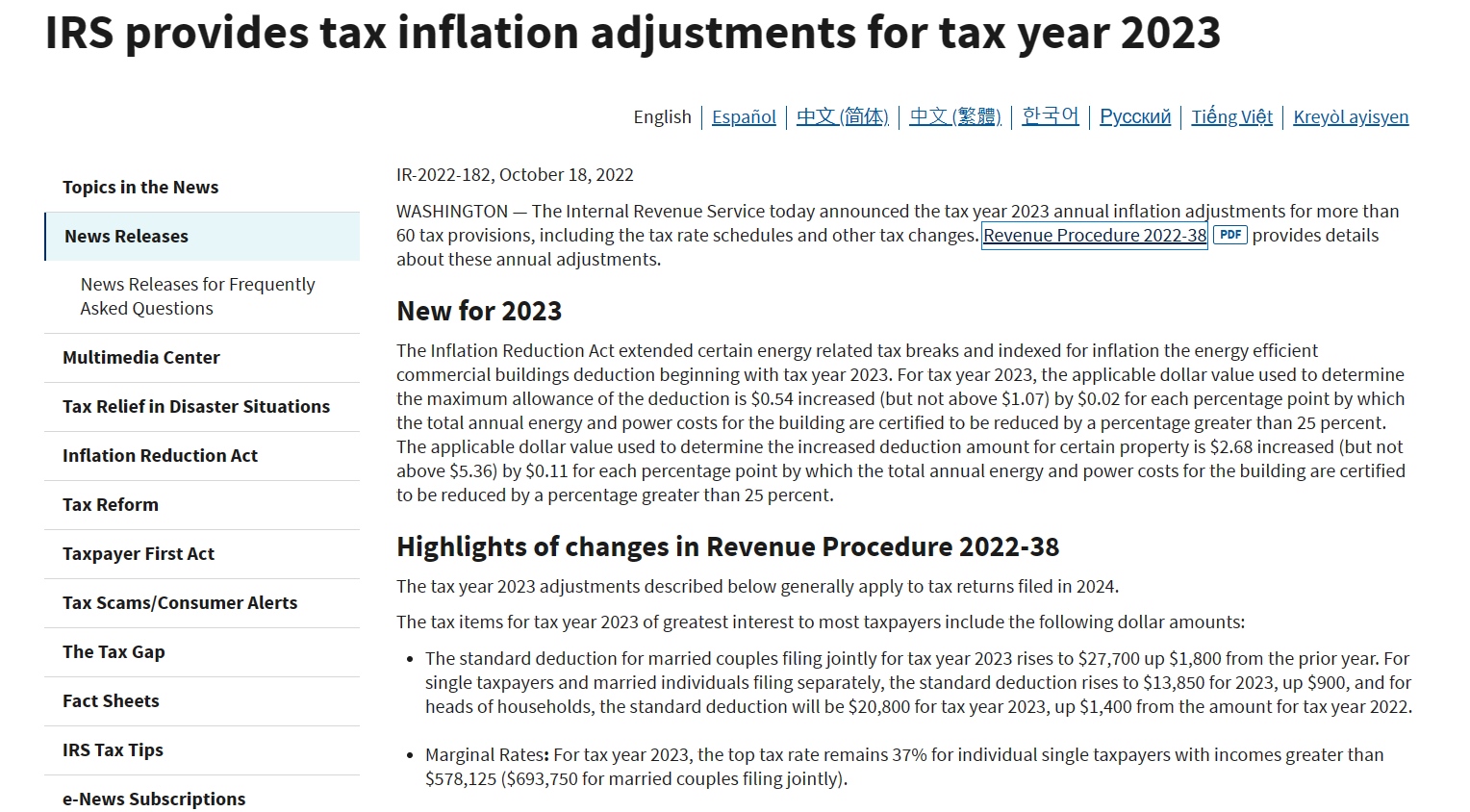IRS Tax Rebate 2023 – The IRS tax rebate is a refund that the government gives to taxpayers who have overpaid their taxes throughout the year. The IRS tax rebate for 2023 is highly anticipated, as changes in tax laws and the ongoing COVID-19 pandemic have affected many taxpayers’ finances. This guide will provide you with all the information you need to know about the 2023 IRS tax rebate, including eligibility requirements, the application process, and timeline.
Eligibility for IRS Tax Rebate 2023
To be eligible for the IRS tax rebate, you must have overpaid your taxes during the tax year. You must also meet the following requirements:
- You must have a valid Social Security number.
- You must be a U.S. citizen or a resident alien.
- You cannot be claimed as a dependent on someone else’s tax return.
- Your income must be within a certain range.
How to Apply for IRS Tax Rebate 2023
To apply for the IRS tax rebate, you will need to file your tax return for the tax year. The IRS will automatically calculate your refund based on the information you provide on your tax return. If you have already filed your tax return and realize that you have made a mistake, you can file an amended tax return to correct it.
Timeline for IRS Tax Rebate 2023
The timeline for the IRS tax rebate can vary depending on when you file your tax return. If you file your tax return early in the tax season, you can expect to receive your refund sooner. The IRS typically processes refunds within 21 days of receiving your tax return. However, if there are any errors or discrepancies in your tax return, your refund may be delayed.
Tips for Maximizing Your IRS Tax Rebate 2023
Here are some tips to help you maximize your IRS tax rebate in 2023:
- Maximize your deductions: Make sure you claim all the deductions you are eligible for on your tax return. This includes deductions for charitable donations, mortgage interest, and state and local taxes.
- Consider tax-deferred contributions: Contributing to a tax-deferred retirement account, such as a traditional IRA or 401(k), can reduce your taxable income and increase your tax refund.
- Claim tax credits: Tax credits, such as the Earned Income Tax Credit and the Child Tax Credit, can reduce the amount of taxes you owe and increase your refund.
- Use tax preparation software: Tax preparation software can help you identify deductions and credits you may have missed and ensure that your tax return is accurate.
- File your tax return early: Filing your tax return early can help you get your refund faster and avoid any potential delays caused by identity theft or fraud.
Conclusion
The IRS tax rebate is an opportunity for taxpayers to get a refund on the taxes they have overpaid throughout the year. To take advantage of the IRS tax rebate in 2023, make sure you understand the eligibility requirements, the application process, and the timeline. By following the tips in this guide, you can maximize your refund and get the most out of your IRS tax rebate.

